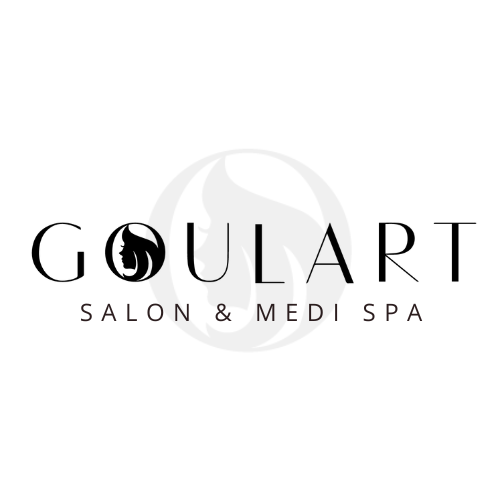
Retinol is a powerhouse ingredient that many skincare fans adorn in their routine. It helps to reduce wrinkles, fine lines and age spots while providing a smoother complexion. However, there are some misconceptions about retinol that can cause users to miss out on its amazing benefits. Let's debunk five myths about retinol so you can enjoy its many advantages!
Myth 1: Retinol Causes Sun Sensitivity

The reason many people believe this myth is true is that retinol is often instructed to be applied only at night. This is because retinoids are often degraded by sunlight, which makes them less effective and not because they cause sun sensitivity.
At the beginning of starting retinol, you may experience some extra sensitivity to the sun, but only because it's a strong ingredient, however, this doesn't necessarily happen to everyone. After a few months of retinol use, the skin builds tolerance and its response to UV radiation returns to normal. That said, you should always apply an SPF daily, rain or shine, no matter what.
Myth 2: Retinol Thins the Skin

The reason people may believe Retinol thins the skin is that some people experience peeling when they first start using retinoids, and the skin may appear thinner as dead skin cells on the outermost layer of skin are removed. However, the opposite is true. Products with retinol increase collagen production (which is a protein that gives skin its firmness and helps to make the skin thicker) and promote the creation of elastin (which makes skin stretchy and resilient). All of this is great because the skin thins with age and sun damage.
Myth 3: You Can't Use Retinol in the Under-Eye Area

The skin around the eyes is the most delicate skin on the face, but that doesn't mean we can't apply retinol there. For concerns like crow's feet or aging skin around the eyes we offer Rejudicare Photozyme IQuad Retinol Eye cream formulated with a triple Retinol molecule specifically designed for this delicate area on the face. The key is looking for a product that contains nourishing ingredients as well as starting it slowly.
Myth 4: Getting Irritation Is a Guaranteed Side Effect

You may hear time and time again that starting retinol can (and likely will) cause irritation, flaking, dryness, and more. Everyone's skin and reactions to ingredients are different, like all things with skincare. Some may experience irritation, while others don't. The tip is that if you experience some skin sensitivity, dial it back and try applying every third or every other night, and add in some hyaluronic acid to help soothe your skin.

The truth is retinol and exfoliation are similar, but retinol does not exfoliate the skin. Retinol helps regulate skin cell turnover, which helps to prevent a buildup of dead skin cells. Unlike traditional exfoliants, retinoids are not breaking the bonds that are holding the dead skin cells together. When we apply retinol, we are increasing the rate of cell turnover and their renewal process and waking up to younger skin. This helps with acne because shedding those dead cells means they don't clog your pores. And it helps with lines and wrinkles because it's keeping our skin more youthful.
Retinol has been in the skin care industry for years and continues to be a popular choice amongst many people. This is because of its numerous benefits, such as boosting skin's elasticity, evening out skin tone, treating fine lines and wrinkles, and improving the overall appearance of your complexion. We hope you learned something new, follow us on Instagram and consider joining us on our upcoming Retinol Challenge.
We cant wait for you to experience this amazing ingredient 😍😍
